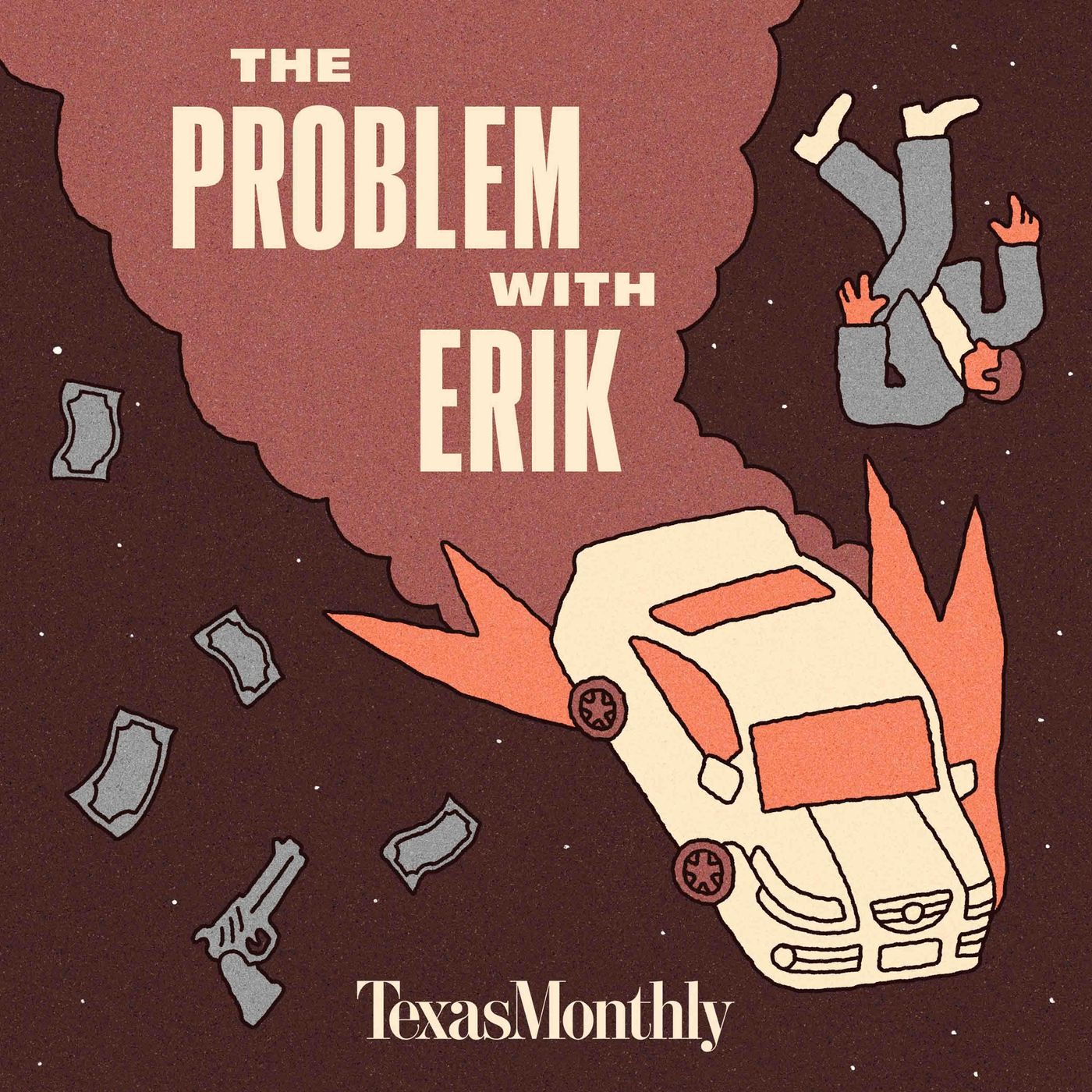
Introducing Viva Tejano

Texas Monthly True Crime: The Problem With Erik
Deep Dive
Shownotes Transcript
Hi all, it's Katie Vine here, the host of The Problem with Eric. The team here at Texas Monthly is already at work on our next true crime podcast. And of course, we're waiting to see what happens with Eric Mond after the judge ordered a new trial in his case. But for now, I wanted to tell you about the latest podcast from Texas Monthly. It's the story of Tejano music, told by the people who've lived the music and had their lives shaped by it. And it's hosted by a colleague of mine at the magazine, J.B. Sauceda. Here's the trailer.
The Texas tornadoes, you got it. Eso, take it away. Every Sunday morning when I was a kid, my family and I had a ritual. After we got home from Sunday Mass, my mom would get started cooking chorizo and eggs or barbacoa we picked up on the way home. My siblings and I would change out of our church clothes and turn on the TV. If we made it in time, we'd hear that whirling electric keyboard and those frantic horns. ♪
This was the golden age of Tejano music, a rich mashup of styles: Conjunto, Orquesta, Norteño, Cumbia, all with their own histories in Texas, Mexico, and beyond. We were one of millions of households who tuned in to The Johnny Canales Show to watch our favorite bands and discover new ones.
The show is long gone, and Johnny passed away earlier this year. But Tejano music lives on. And today, artists like Beso Pluma and Grupo Frontera dominate the airwaves. Eso! Eso!
On the new Texas monthly podcast, Viva Tejano, we'll explore Tejano music past and present with help from Texans whose lives have been shaped by the music and for whom it became an obsession. Hey.
Sunday, go to church. After church, Baracoa. And then music. Johnny Canales. My dad and I used to go on tour. We'd stop in every single town, every small town, big city. And there was always a Tejano radio station in every, oh, we had
to do was look for the antenna. My mom was the one who taught me like, "Yo, you gotta play this, you gotta play this. This is the kind of music people like. Like, play this song when you got a dance floor going." Sometimes I cried because my dad said, "I want you to connect with the people, not be afraid to play."
It's part nostalgia, part exploration of our unique Tejano culture. There's different genres. Conjunto, Tejano, they call it Tejano. I call it Tex-Mex. Tejano as a genre, it's very broad. That could be Stevie Ray Vaughan. He's Tejano, you know?
I think girl in coma feels like homegirls, you know what I mean? They see us, they see our image. We're not these Barbie cut girls, you know, we are who we are. We're from Texas and we were proud of that. I'm going to get hated on for this, but we went over to Miami and we experienced a lot of racism from other Latin cultures. Was it hard being a female accordion player?
You better believe it. My goal is to someday leave the younger kids carrying on the tradition. It's like, bro, we're all the same, you know? Like, no matter what culture you are, we all do the same stuff. We all hang out in our garage and we drink beer and do barbecue. We just sing about it. Adios, Mexico. This is Viva Tejano, a podcast about Tejano music told by the people who make it and live it. Coming November 12th.
And are you and Nina the Mexican oasis? We declare we are the Mexican oasis.